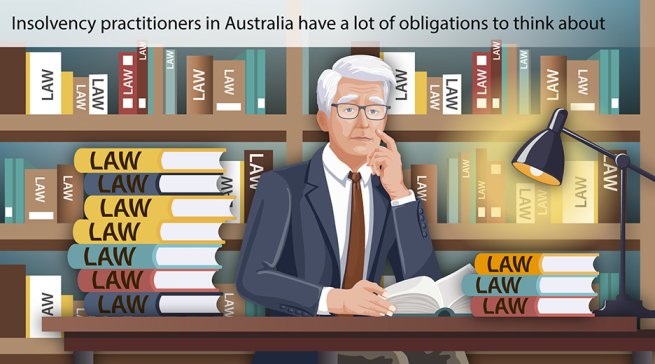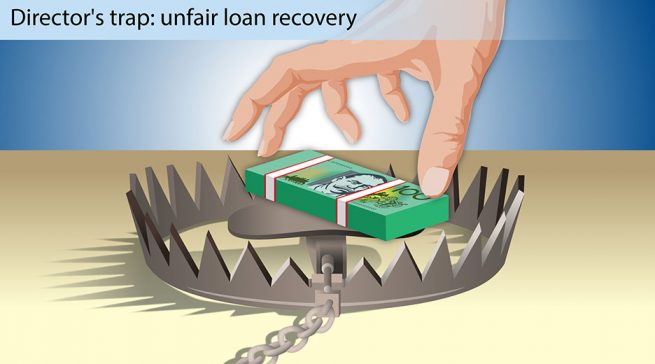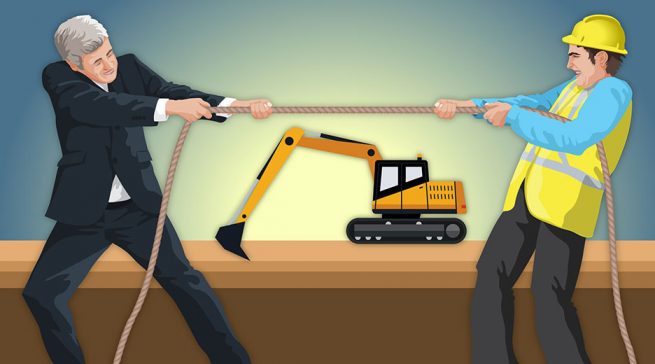
Liquidator’s examinations – can the liquidator ask company directors about their personal assets?
The winding-up of a company is a daunting experience for a director. They know that their previous actions are under close scrutiny. But does that scrutiny include their personal assets? In short, yes. But liquidators need to tread carefully. In this article, we look into liquidators using the examination power to inquire into a director’s personal assets.










